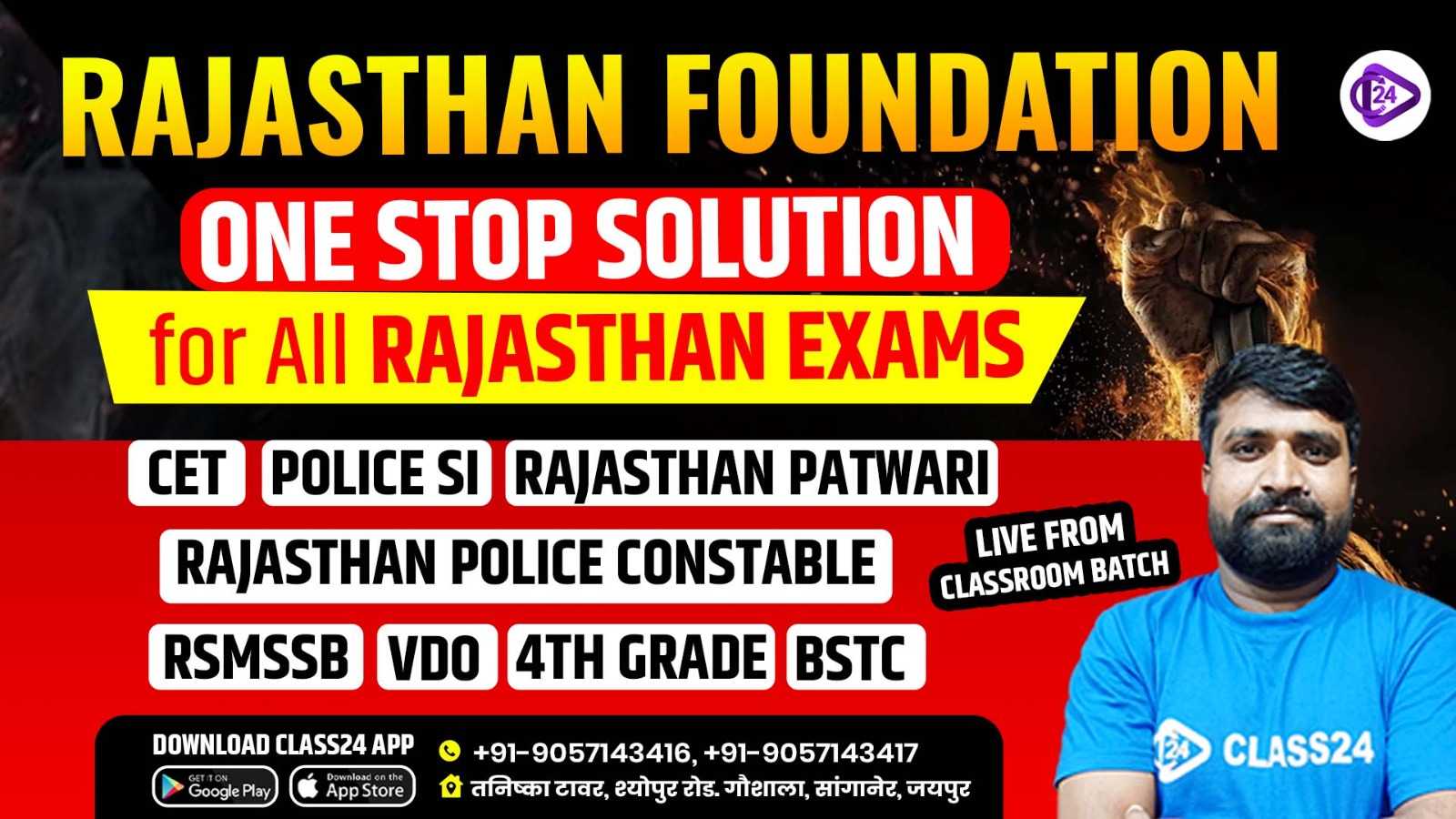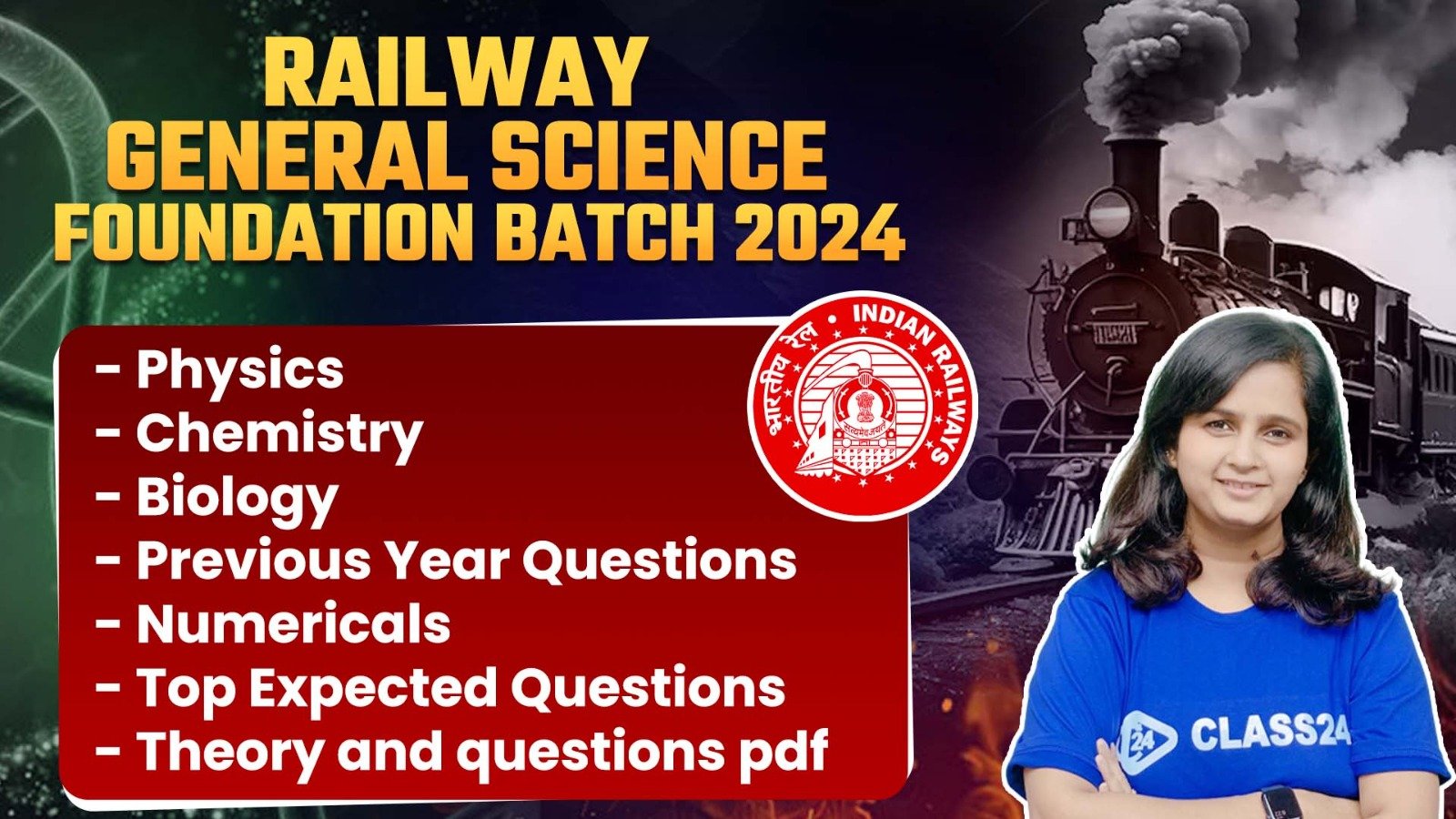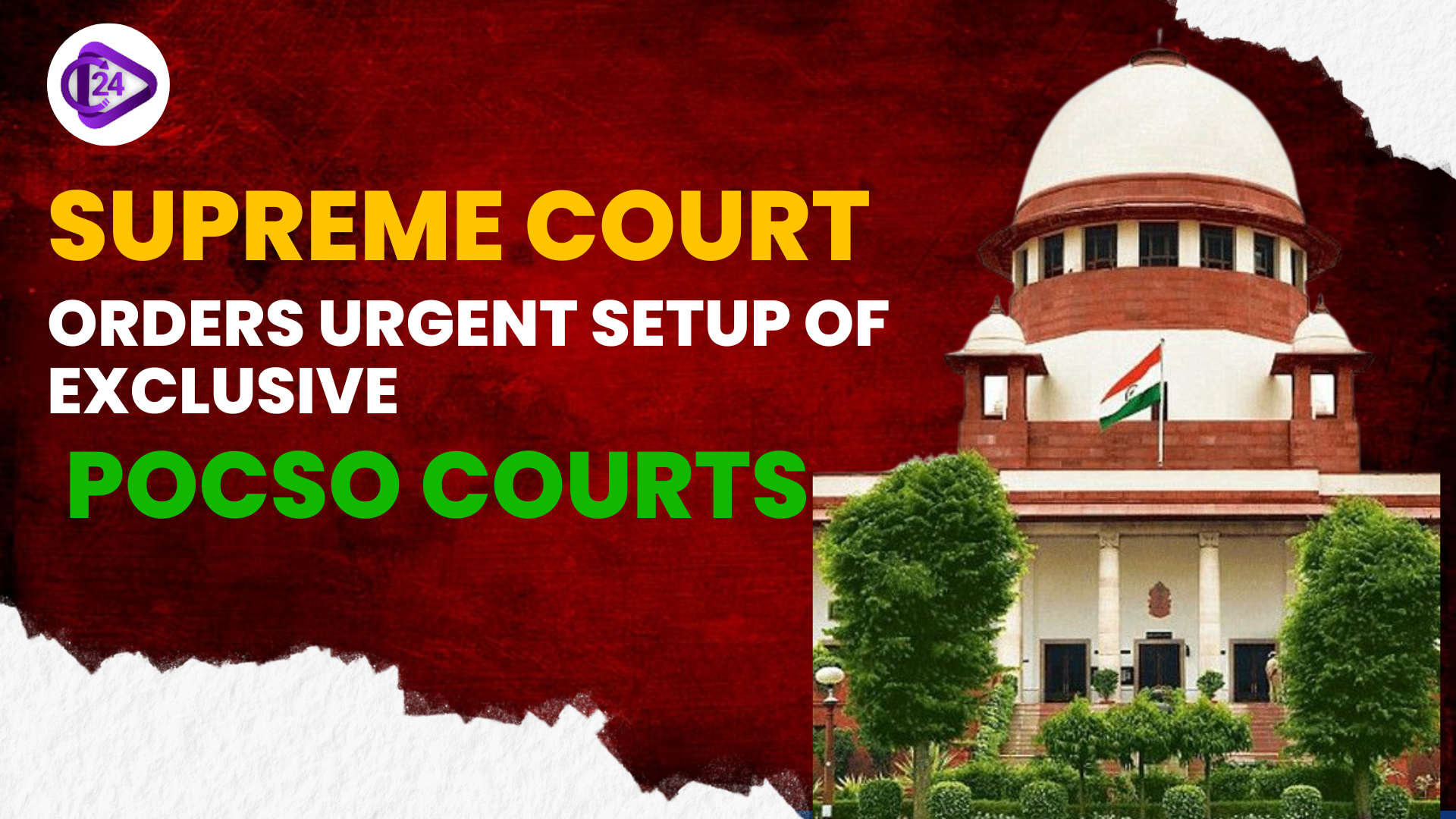
Recognizing delays in trialing sexually abused children, the Supreme Court requested the creation of POCSO courts in all Indian districts. It pointed out the need to set up two special courts in districts having more than 300 pending cases and reminded the nation of the 2019 guideline to establish one court for those districts that oversaw 100 or more FIRs. Its aim is to boost the speed of trials, reduce the backlog, and support the child-friendly approach set out under the POCSO Act, 2012. Bihar, Tamil Nadu, Maharashtra, Uttar Pradesh, Odisha and West Bengal were picked out as requiring quick attention. India’s government is making a stronger promise to follow child rights and international treaties such as the UN Convention on the Rights of the Child (UNCRC).
Context
-
The POCSO Act was introduced to keep children safe from sexual offences and give them fast justice.
-
The Supreme Court has intervened because the slow process in the courts hindered the goal.
Key Points
Background:
-
The POCSO Act, 2012 offers a simple way for children to report and the quick trial of offences against them involving sexual abuse.
-
Trials are meant to finish one year after the initial arrest, but delays happen due to a lack of special courts.
Supreme Court Observations:
-
Most delays arise because there aren’t enough exclusive POCSO courts.
-
Officers handling investigations should be reminded and make sure the process of filing charge sheets takes a reasonable time.
-
In any district that has 300 or more cases pending, there should be two exclusive POCSO courts.
-
Only POCSO courts will follow the directive that states one court should cover all POCSO cases for districts with more than 100 FIRs.
Current Status:
-
Across the country, many states have created courts that are funded in the center.
-
A lack of courts is causing Bihar, Tamil Nadu, Maharashtra, Uttar Pradesh, Odisha and West Bengal to have a serious number of cases backlogged.
What is the POCSO Act?
About:
-
After India signed the UN Convention on the Rights of the Child (UNCRC) in 1992, the POCSO Act- The Protection of Children from Sexual Offences, took effect on November 14, 2012.
-
It is a unique law that tries to handle any sexual abuse or exploitation of children where other laws have failed to be precise.
-
According to the Act, a child means anyone under 18 years, and penalties are chosen based on the type of crime. Stricter laws were added to the statute in 2019, and now aggravated sexual assault on children is punishable by death.
-
The Government also made the POCSO Rules, 2020, official to ensure all processes are clear.
Key Features:
-
Gender-Neutral: The system provides equal protection and treatment, knowing that boys and girls may suffer from sexual abuse.
-
Ease of Reporting: This system encourages both people and organizations to report crimes, showing offenses are caught if no report is made and hide every single one.
-
Explicit Definitions: Makes it clear what is meant by sexual assault and other offences, adds stiffer minimum penalties and outlaws collecting child pornography.
Issues and Problems with the POCSO Act:
-
A lack of women police means it is sometimes hard to record what the child says as the law requires.
-
Common investigation errors are hurting the scene of a crime and inaccurate or incomplete documentation of evidence.
-
It is rare for judicial magistrates to confront or punish anyone for pulling back from their testimonies.
-
No accepted way to determine a child’s age as a victim; reliance on unreliable school records.
-
Forensic and resource limitations have resulted in investigation taking longer than the allowed one-month timeframe.
-
Since courts usually do not assume guilt, there are fewer convictions even if the victim is underage.
Initiatives to Curb Child Abuse
-
Child Abuse Prevention and Investigation Units are operating in many different states.
-
Beti Bachao Beti Padhao is a campaign that seeks to better the lot of girl children.
-
Adoption of Juvenile Justice (Care and Protection of Children) Act, 2015.
-
Implementing the Child Marriage Prohibition Act from 2006 and the Child Labour (Prohibition and Regulation) Act from 2016.
-
Creating Special POCSO Fast Track Courts to make trials move more quickly.
Way Forward
-
Increase Women's Representation in Police: For all POCSO investigations to be child-friendly.
-
Adequate Funding and Resources: For fast, effective investigations, forensic support, and help to victims.
-
Specialized Training for Investigators: On gathering evidence, interviewing kids, the role of the law, and caring for trauma victims.
-
Establish More Dedicated POCSO Courts: To lower the number of cases pending and increase trial efficiency.
-
Legal Reforms: To make sure the regulations on finding a child’s age and court procedures are better defined.
-
Enhance Victim Support Mechanisms: Providing counseling, support for victims and care for witnesses to help in justice procedures.
Conclusion
The call by the Supreme Court to create only POCSO courts is an important reform that helps victims of child sexual abuse get justice faster. Requirements of special infrastructure and informing stakeholders increase the success of the POCSO Act and prove that India is dedicated to supporting vulnerable children and responding to their needs in time.



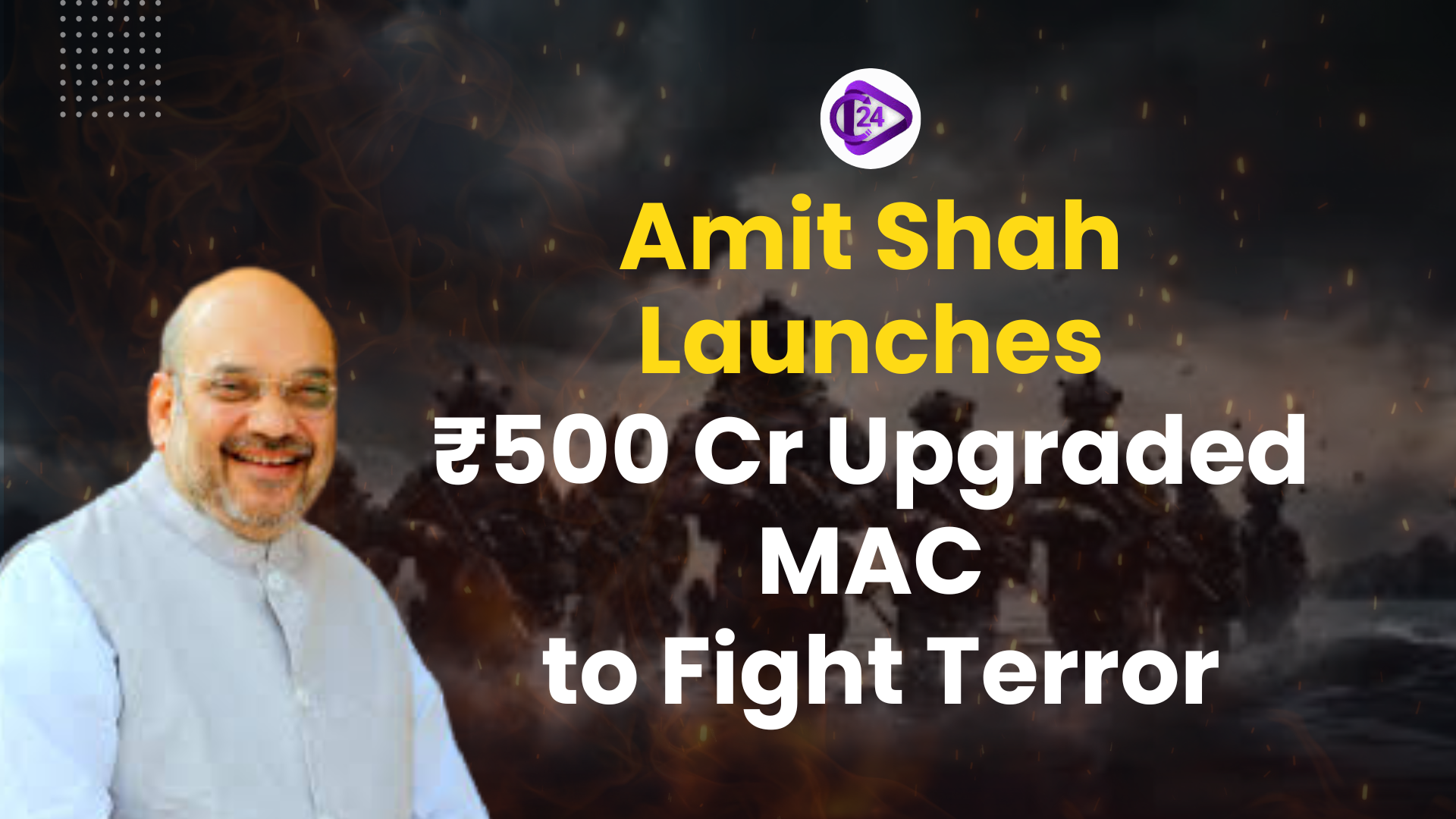 Amit Shah Inaugurates Upgraded ₹500 Crore Multi Agency Centre (MAC) to Combat Terrorism
Amit Shah Inaugurates Upgraded ₹500 Crore Multi Agency Centre (MAC) to Combat Terrorism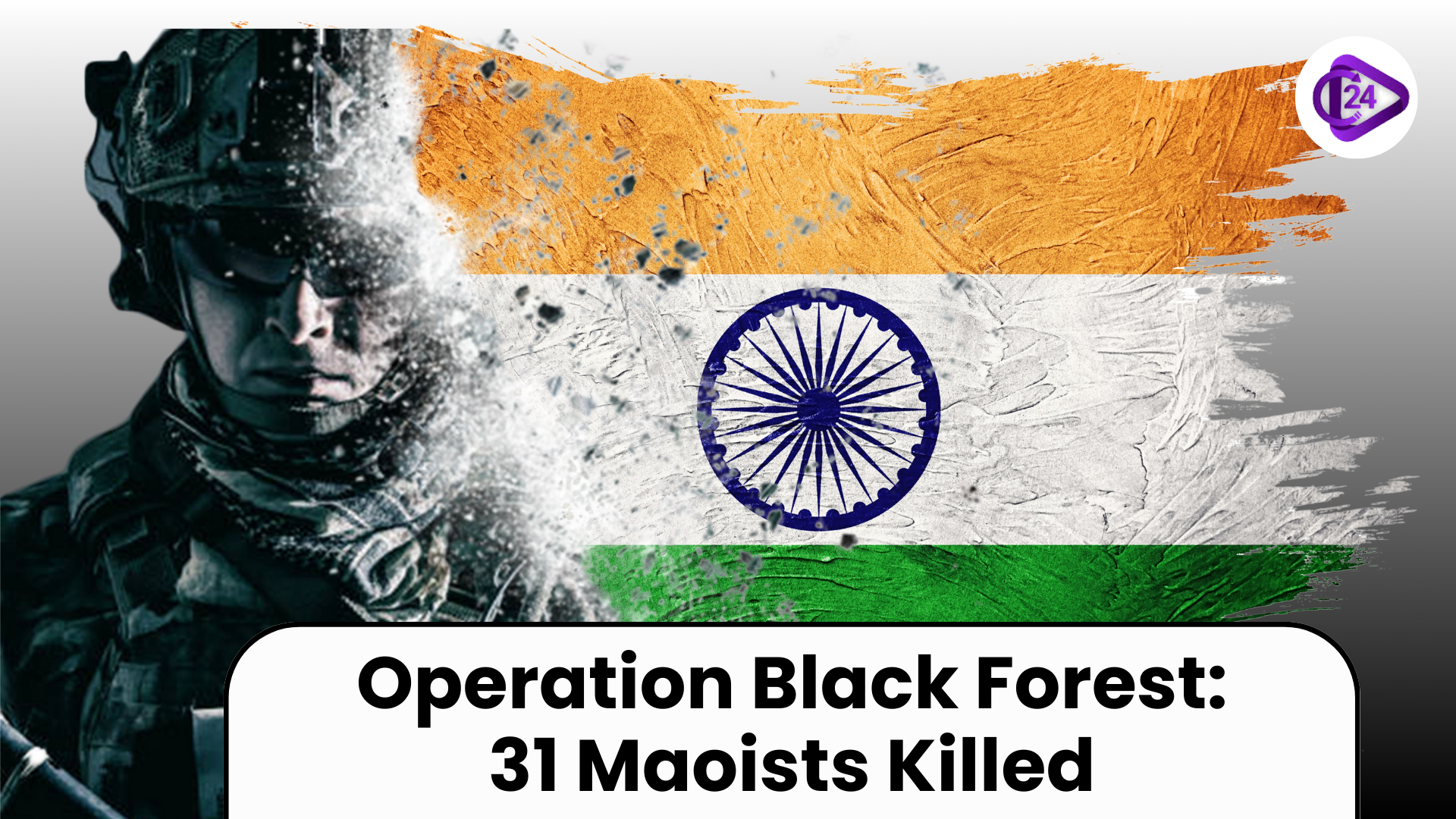 India’s Largest Anti-Naxal Operation: 31 Maoists Killed in Operation Black Forest
India’s Largest Anti-Naxal Operation: 31 Maoists Killed in Operation Black Forest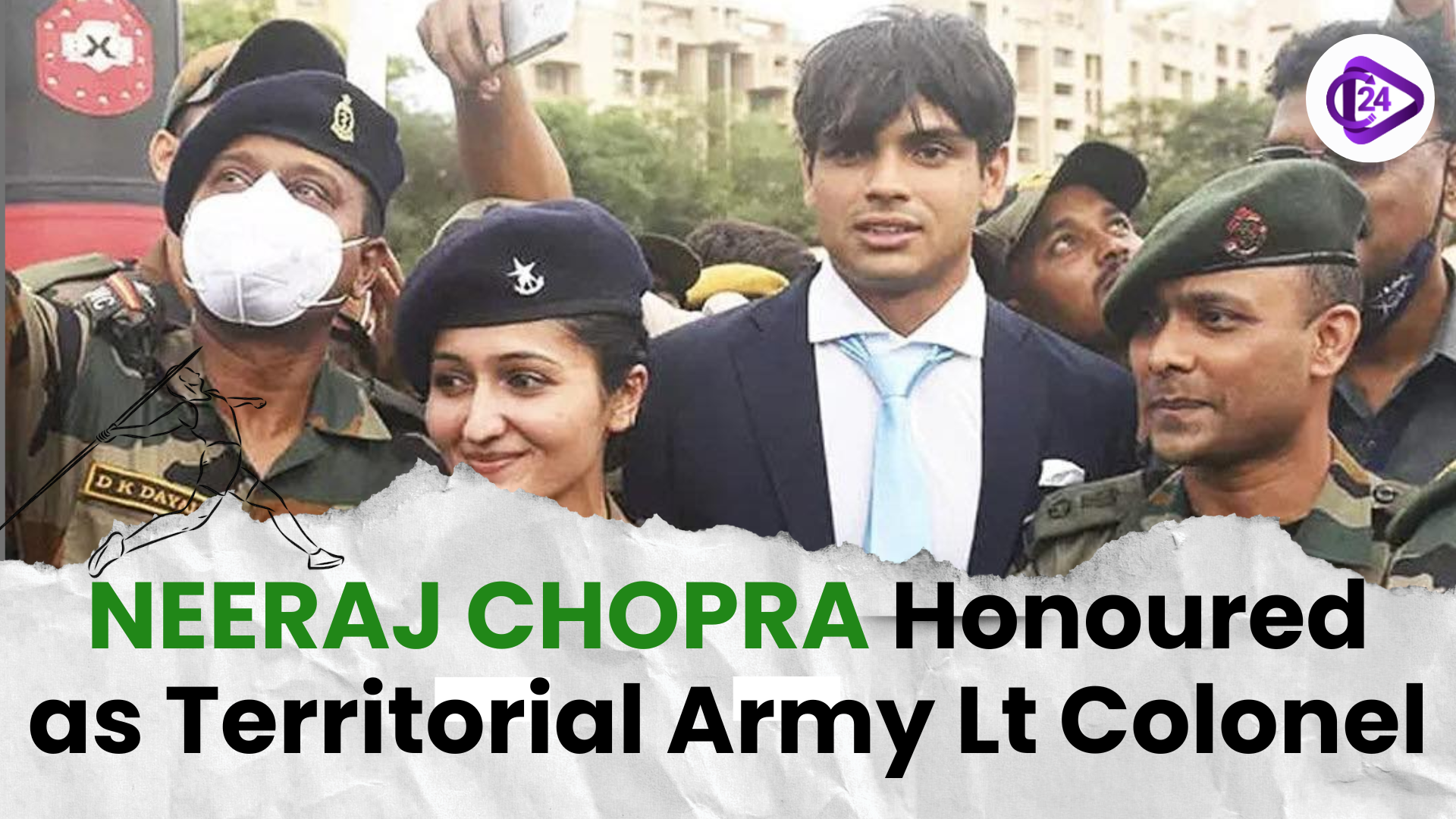 Neeraj Chopra was given the honorary rank of Lieutenant Colonel in the Territorial Army.
Neeraj Chopra was given the honorary rank of Lieutenant Colonel in the Territorial Army.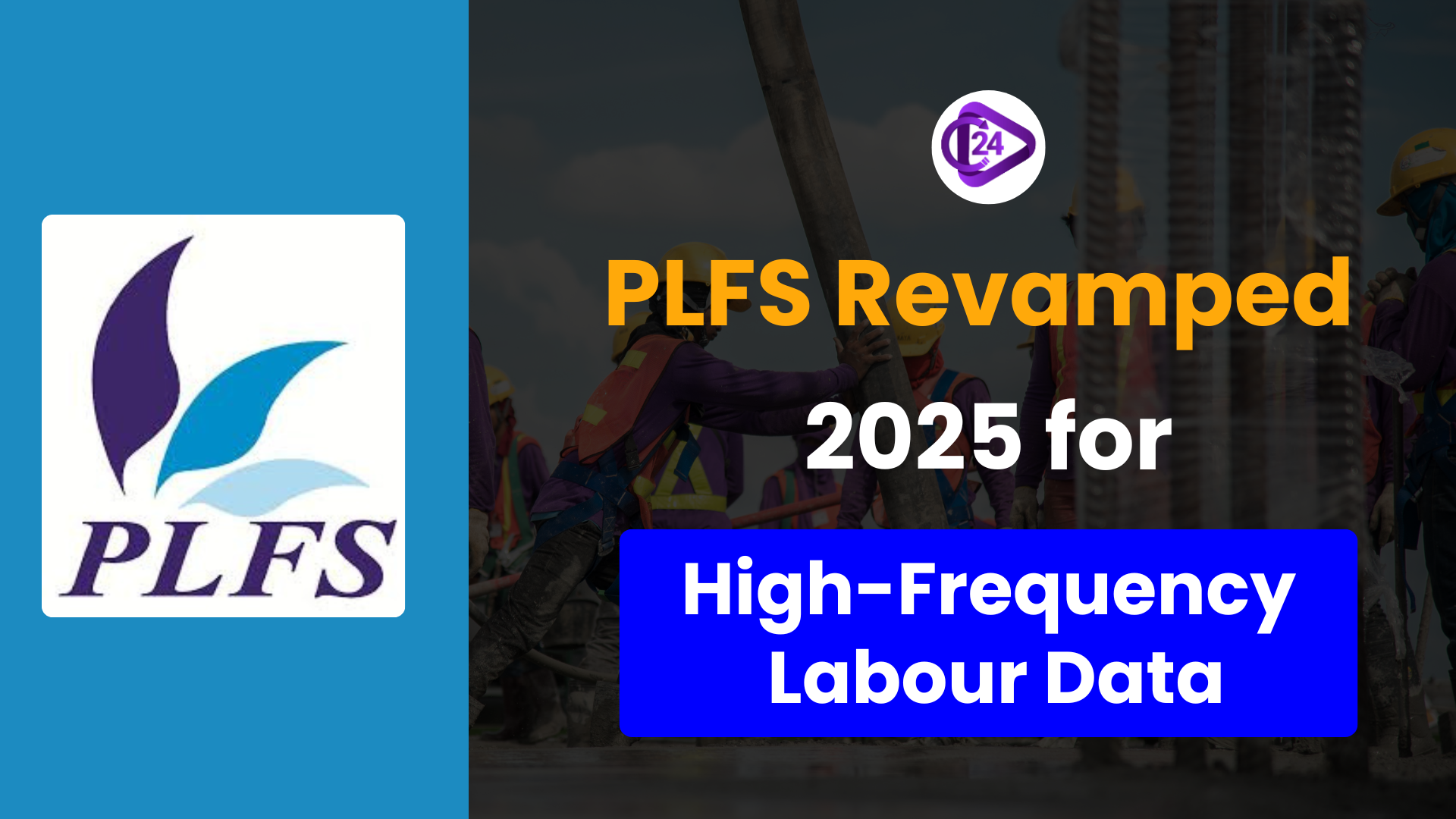 Periodic Labour Force Survey (PLFS) Revamped from 2025 for High-Frequency Labour Market Data
Periodic Labour Force Survey (PLFS) Revamped from 2025 for High-Frequency Labour Market Data Union Cabinet Approves ₹3,706 Crore HCL-Foxconn Semiconductor Plant in Jewar, Uttar Pradesh
Union Cabinet Approves ₹3,706 Crore HCL-Foxconn Semiconductor Plant in Jewar, Uttar Pradesh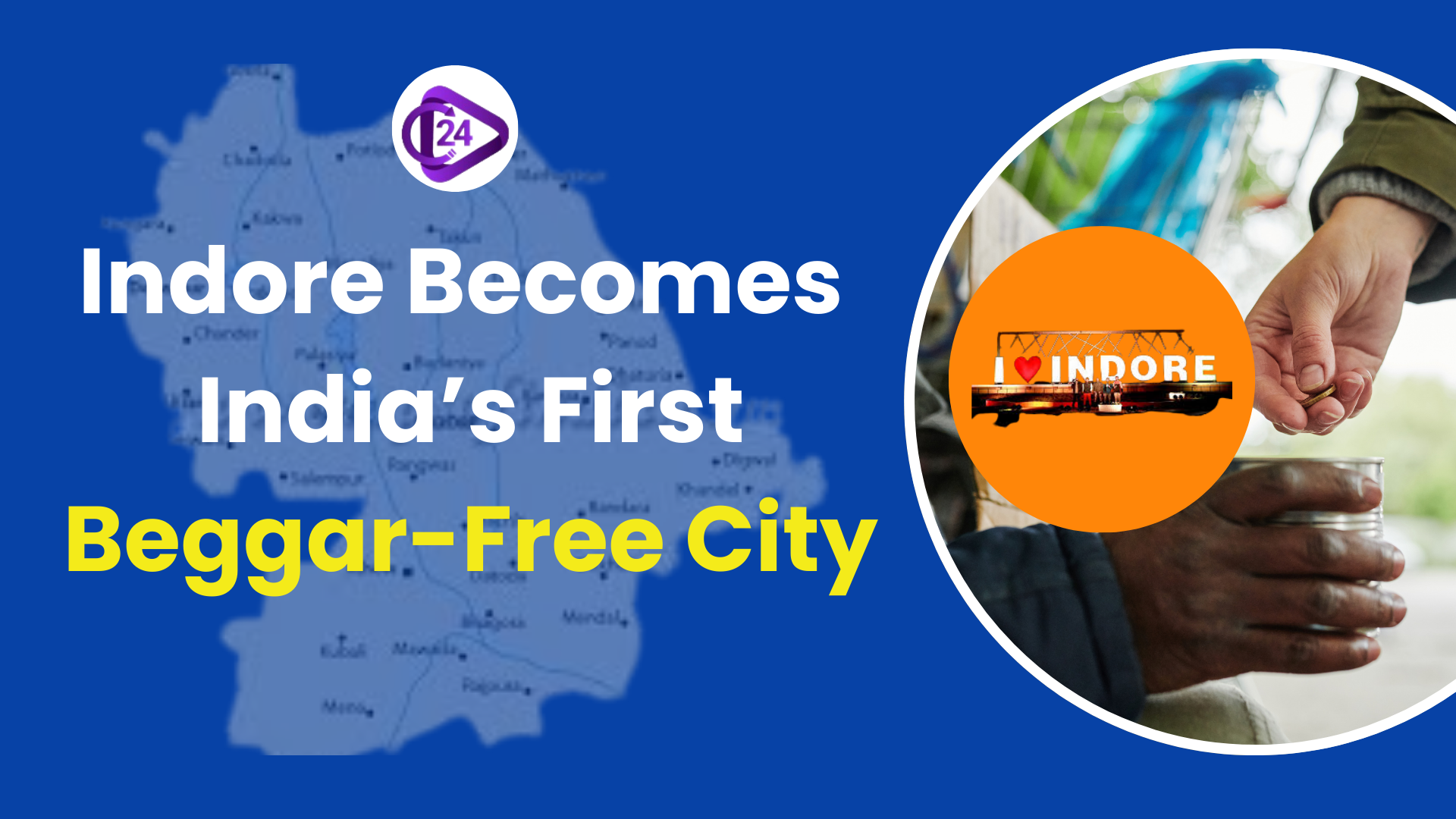 Indore has been declared India’s first beggar-free city
Indore has been declared India’s first beggar-free city Ajay Kumar, a former Defence Secretary, has been appointed as UPSC Chairman
Ajay Kumar, a former Defence Secretary, has been appointed as UPSC Chairman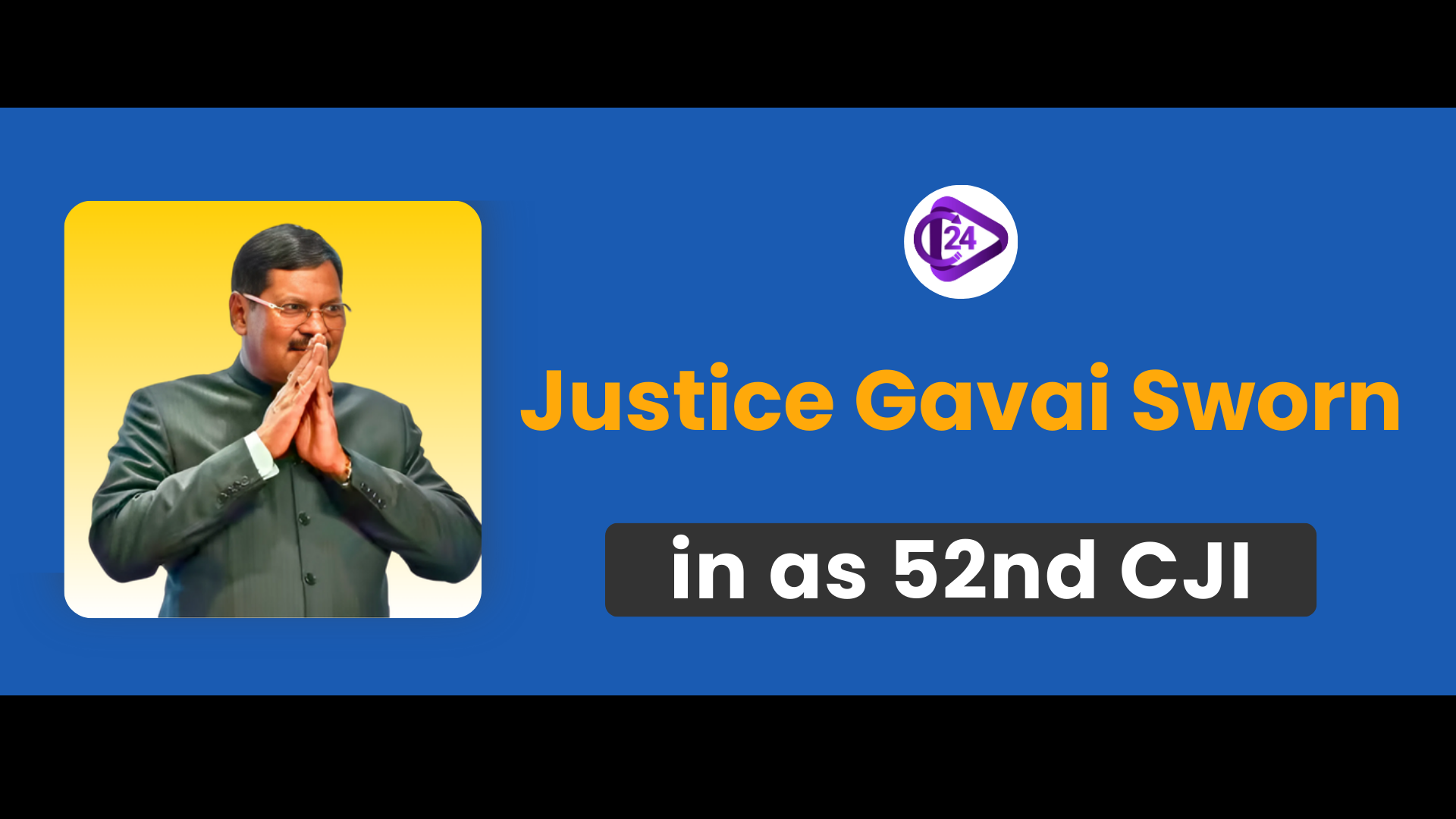 Justice Bhushan Ramkrishna Gavai was sworn in as the 52nd Chief Justice of India
Justice Bhushan Ramkrishna Gavai was sworn in as the 52nd Chief Justice of India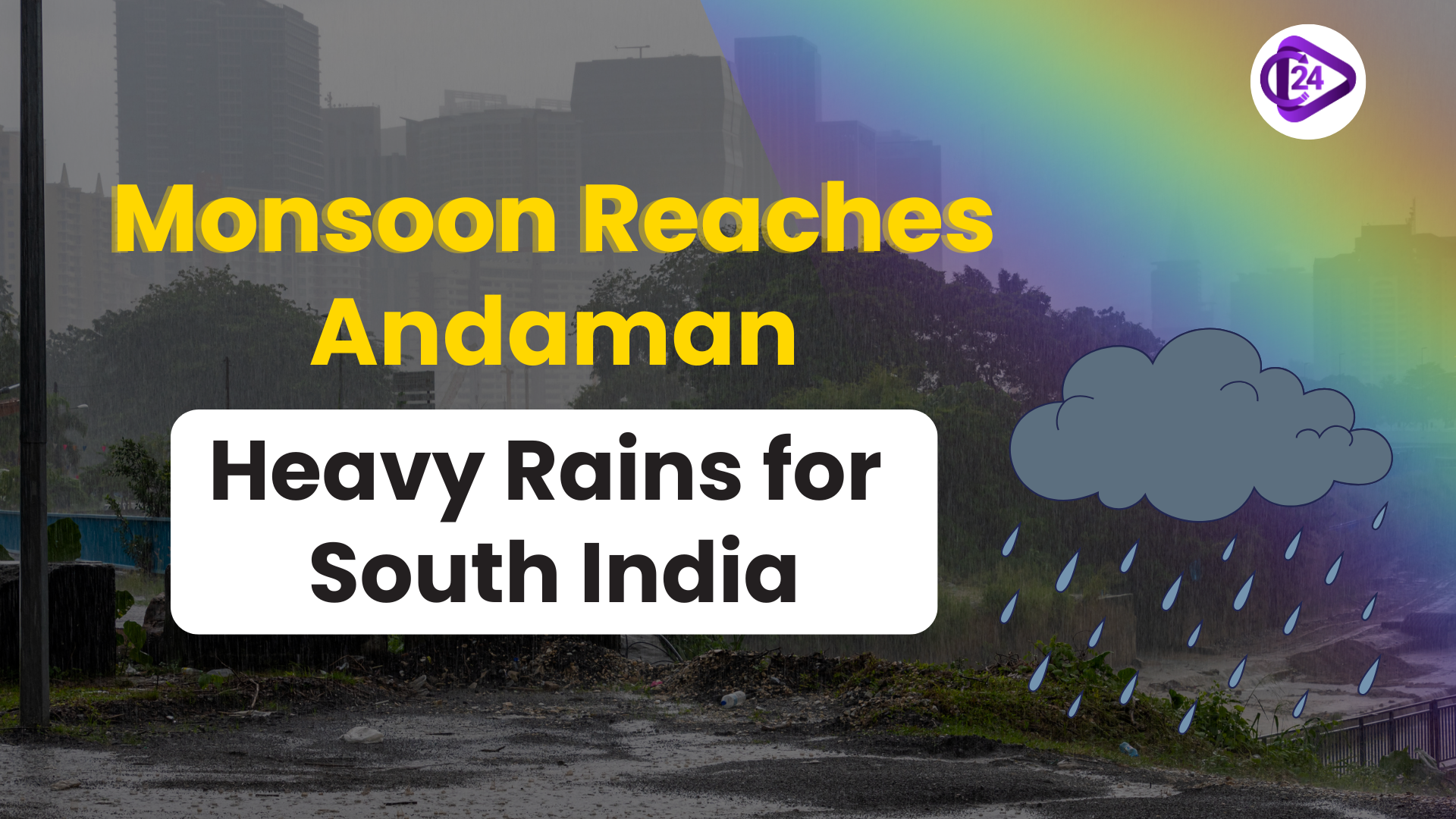 Southwest Monsoon Arrives Early in Andaman; IMD Forecasts Above-Normal Rainfall
Southwest Monsoon Arrives Early in Andaman; IMD Forecasts Above-Normal Rainfall